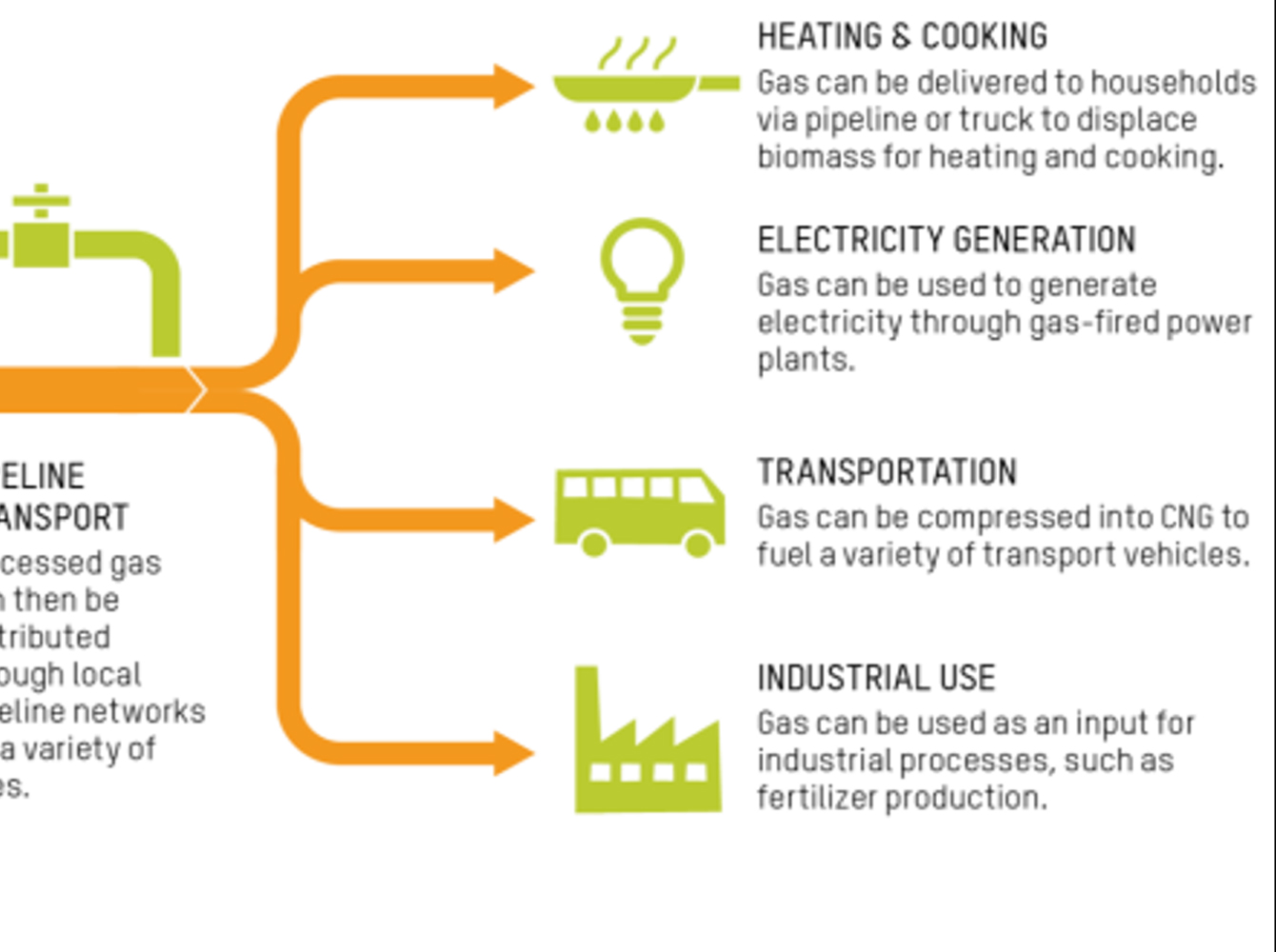
Navigating Power, Progress, and Change:** Nigeria’s ambitious energy transition, aiming for a shift from fossil fuels to cleaner alternatives, is not just about technology and infrastructure. It’s a **complex dance of political forces, vested interests, and social transformations**. This intensive course delves deep into the **political intricacies**, equipping you to understand, navigate, and contribute to a just and equitable energy future for Nigeria.
Target Audience:
Professionals from diverse sectors seeking to understand and engage in the political dynamics of Nigeria’s energy transition, including:
- Policymakers, analysts, and government officials shaping energy policies and regulations.
- Civil society organizations and NGOs advocating for sustainable energy solutions.
- Researchers and academics studying the political dimensions of energy transition.
- Energy sector professionals navigating the changing political landscape.
- Individuals from any discipline interested in the political realities of Nigeria’s energy future.
Course Objectives:
Deconstructing the Power Play:
- Analyze the complex web of stakeholders, including state institutions, energy companies, communities, and international actors, and their competing interests in the transition.
- Understand the influence of political power structures, historical legacies, and informal networks on energy policy decisions.
- Explore the role of corruption and rent-seeking behavior in shaping the energy landscape.
Unpacking the Policy Maze:
- Analyze the development and implementation of Nigeria’s Energy Transition Plan and its political context.
- Identify key policy gaps, challenges, and potential unintended consequences of policy choices.
- Explore the potential for conflict and collaboration between different levels of government in implementing the transition.
Harnessing the Power of Advocacy:
- Understand the role of civil society organizations, communities, and social movements in influencing energy policy and driving the transition.
- Develop effective advocacy strategies for promoting justice, transparency, and accountability in the energy transition process.
- Analyze the potential for citizen engagement and participatory decision-making.
The Future of Political Landscapes:
- Explore emerging trends and potential disruptions in the Nigerian political landscape and their implications for the energy transition.
- Analyze the role of new technologies, such as digitalization and blockchain, in influencing power dynamics and governance.
- Develop strategies for building resilient and responsive governance structures for a sustainable energy future.
Course Outline:
- **Module 1: Introduction to Political Dynamics of Energy Transition:** Understanding the complex interplay of politics, energy, and development in Nigeria.
- **Module 2: Stakeholders and Power Structures:** Identifying key actors, their interests, and influence on energy policy decisions.
- **Module 3: Policy Analysis and Governance:** Deconstructing Nigeria’s Energy Transition Plan, policy gaps, and political challenges.
- **Module 4: Civil Society and Advocacy Strategies:** Empowering communities and organizations to influence the transition.
- **Module 5: Resource Management and Corruption:** Unpacking the role of resources, rent-seeking, and transparency challenges.
- **Module 6: Case Studies and Best Practices:** Examining successful and challenging examples of political dynamics in energy transitions globally and within Africa.
- **Module 7: Scenarios and Future Trends:** Anticipating emerging political landscapes and their implications for the Nigerian energy future.
- **Module 8: Action Planning and Personal Development:** Defining your personalized role in navigating and shaping the political dynamics of the Nigerian energy transition.
Training Methodology:
- **Interactive lectures:** Engaging presentations with real-world case studies, expert insights, and multimedia visuals.
- **Group discussions and debates:** Foster critical thinking, problem-solving, and diverse perspectives through collaborative activities.
- **Guest speaker sessions:** Learn from renowned experts and practitioners from the Nigerian energy sector and political analysts.
- **Role-playing simulations:** Experience and analyze critical political scenarios related to the energy transition.
- **Online community platform:** Access additional resources, connect with fellow participants, and continue learning beyond the course.
Course Benefits:
- Gain a comprehensive understanding of the political dynamics shaping Nigeria’s energy transition.
- Develop critical thinking skills to analyze power structures, stakeholder interests, and policy complexities.
- Acquire effective advocacy strategies for promoting a just and equitable energy future.
- Navigate the evolving political landscape and anticipate potential challenges and opportunities.
- Become a well-informed and empowered contributor to a successful energy transition in Nigeria.
Join this course and navigate the fascinating and crucial intersection of politics, energy, and progress in Nigeria. Equip yourself to be a driving force for positive change and a sustainable future!


